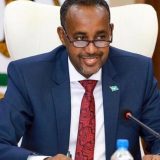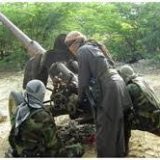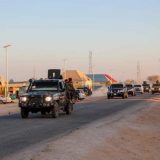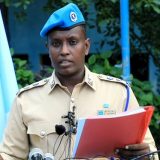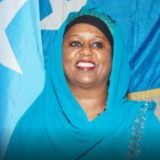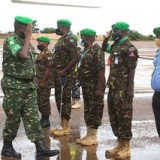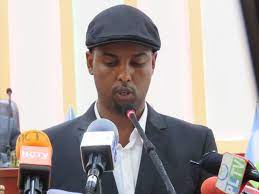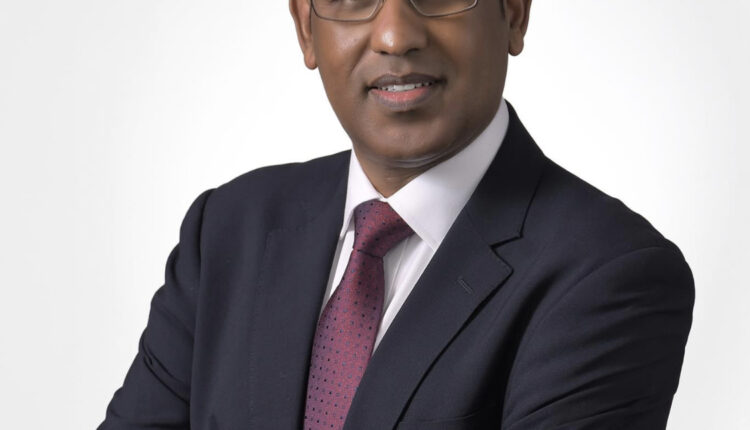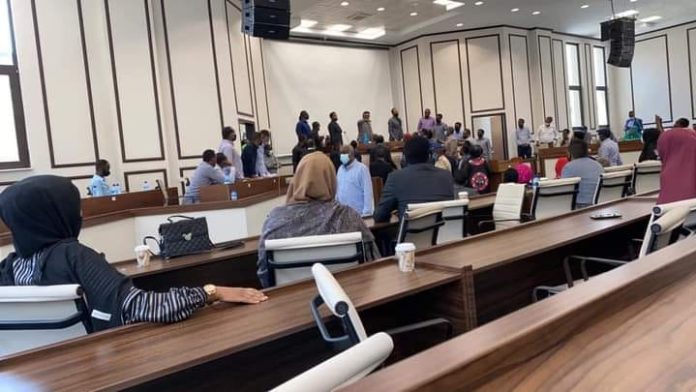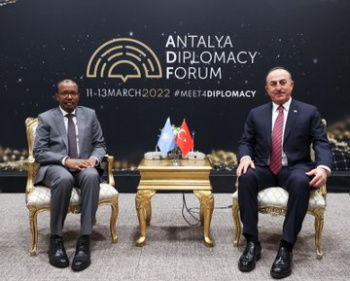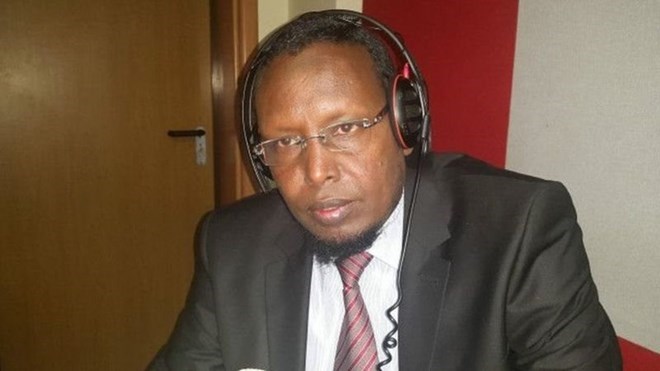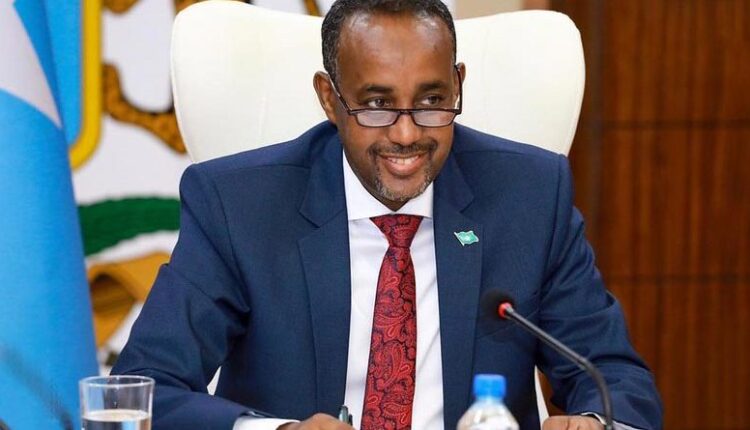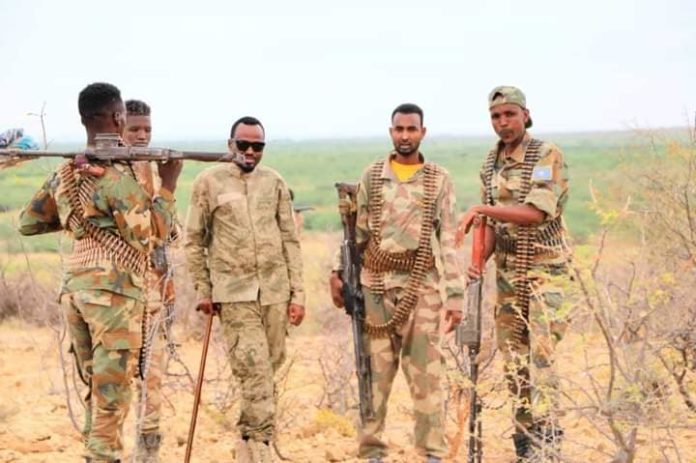Separated for over decades, tears and joy engulfed Asmara Airport after emotional reunion
Dozens Ethiopian and Eritrean nationals on Wednesday arrived in Asmara to reunite with family members living in Eritrea that they have not seen for decades.
Hundreds of families were forced to live separately until the rapprochement initiated by the prime minister Abiy Ahmed brought about peace between the two countries after twenty years of stalemate.
Husband and wife were separated. Children and parents, brother and sister, close friends were separated following an order by the late Meles Zenawi’s government to cut off family links over the military standoff between the countries.
In Bole International Airport, long-lost relatives embraced with tears, joy and disbelief thanks to efforts of the leaders of the Horn of African nations that once engaged in one of the deadliest battle fightings in the region.
Addis Alem Hadgu has been working as a journalist for over twenty years with what used to be Ethiopian television, now Ethiopian Broadcasting Corporation (EBC).
The government of Ethiopia deported his wife who was an Eritrean and her three children in an operation to deport people from Eritrea.

Journalist Addis Alem Hadgu after meeting his daughters in Asmara. Source: screenshot from EBC video
On Wednesday he travelled to Asmara on board of the first Ethiopian Airlines commercial flight ET0312 for the first time in twenty years.
Hadgu who was dressed in the light brown shirt had met his two daughters and his wife for the first time in 16 years.
Senait Tesfaye told Reuters she had not seen her grandmother Abrehet for more than two decades.
Abrehet, she said, was deported to Eritrea alongside tens of thousands of Ethiopian residents of Eritrean origin at the start of the conflict.
Another Ethiopian, Semhar has been separated from his mother, Woizero Alganesh and met at Bole International Airport.
When they meet were hugging and in tears as two little ones, Alganesh’s grandkids, watch them.

Son and daughters reunited after two decades Source: EBC
“It has been twenty years since we separated. I never thought that we would meet again,” Semhar, who has been living in Ethiopia, told Ethiopian Broadcasting Corporation journalist.
An Ethiopian Journalist Samuel Getachew told CNN: “I have only heard about Eritrea through music and for me to step on a land I have been told are enemies of the state and see it for myself is a milestone. This is like the time when John F. Kennedy died moment for my generation.”
Getachew, 41, added: “Till this day, no one has a clear idea the purpose of the war, except we know that many thousands of people have died.
“The tragedy of Eritrea has brought much distress to us all,” he said.
Eritrea seceded from Ethiopia in 1993. And from 1998 – 2000 the two fought a bloody war in which an estimated 70,000 – 80,000 people perished.
An Algiers agreement ended the two-year war and an international boundary commission gave Badme that was a flashpoint for the war to Eritrea while it compelled Eritrea to pay hundreds of millions of dollars in compensations for the huge Ethiopian shipments it confiscated at the Port of Assab.
The new diplomatic thaw was made possible after the coming to power in Ethiopia of Africa’s youngest leader, Prime Minister Abiy Ahmed, who has taken numerous reform measures domestically and also taken a friendly stance towards Eritrea.

